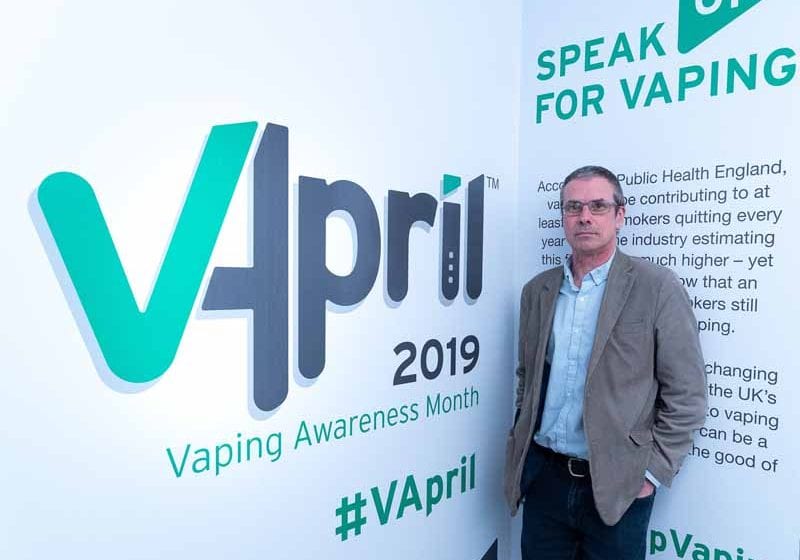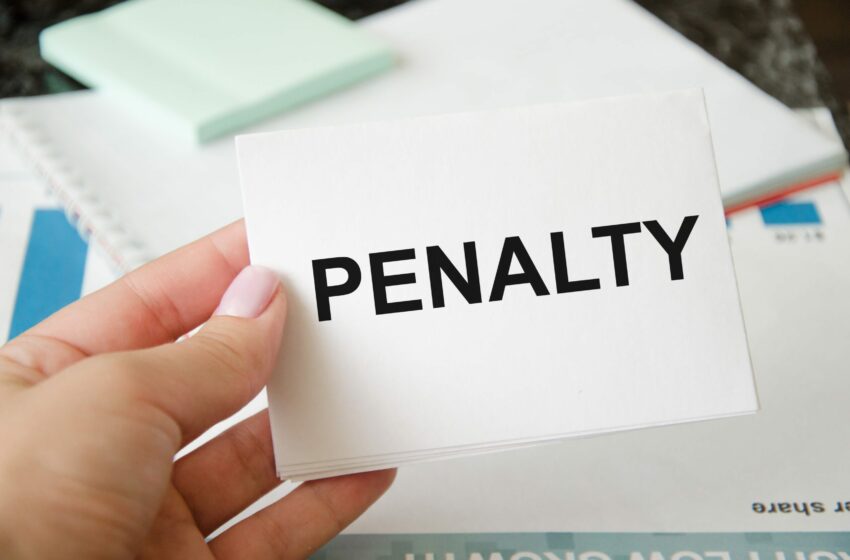The European Tobacco Harm Reduction Initiative demands rules that consider the relative risk of various tobacco-related products.
By Stefanie Rossel
Times are getting tougher for tobacco harm reduction in Europe: The recent outbreak of vaping-related lung illnesses and deaths in the U.S. have negatively impacted sales in Europe’s leading e-cigarette markets. The EU is currently reviewing its Tobacco Products Directive (TPD2). In 2020, the Netherlands will host the World Health Organization’s ninth Conference of the Parties.
To promote safer nicotine use and sensible regulation of reduced-risk products (RRPs) across Europe, a group of consumers launched the European Tobacco Harm Reduction Initiative (ETHRA) at the end of September 2019. The group demands regulation that considers the considerably lower risks of reduced-risk products. It wants RRPs to become affordable and untaxed products.
Twenty partners from all over Europe have already joined ETHRA, including the French consumer association SOVAPE, the New Nicotine Alliance (NNA) and EU for Snus. Tobacco Reporter spoke with Martin Cullip, chair of the NNA, who was involved in setting up ETHRA, about the organization’s next steps.
Tobacco Reporter: What was the idea behind establishing a pan-European consumer initiative?
Martin Cullip: The treatment of reduced-risk products around the world varies region by region. In discussions with fellow advocates from different continents at conferences such as the Global Forum on Nicotine, it was clear that we were facing different challenges based on where we lived. In Europe, the Tobacco Products Directive has meant that our region is comparatively sensible in this area of policy, although obviously there are things that could be improved. It was felt that—especially with new regulatory challenges on the horizon—a consumer-led association to deal with specifically European issues could deliver benefits to the harm reduction approach in our region and amplify the voice of the many hard-working grassroots associations operating across the continent. In just a couple of months, we have enlisted 20 partner associations and are organizing to effectively move the consumer voice forward.
What will be your next steps?
We have seen a couple of positive developments in states where our partners have an interest but also negative ones. We hope to raise awareness across borders to what is happening around us and learn from each other how to best engage with policymakers and ensure that consumers are heard.
What are the most pressing issues at the moment as far as vaping in the EU is concerned?
An imminent threat is the EU’s upcoming review of TPD2, implemented in 2014. Earlier this year, the EU health commissioner’s office claimed that “E-cigarettes may be less harmful, according to some reports, but they’re still ‘poison,’” so it appears that despite EU regulations presenting some of the most progressive and effective public health protections in the world around e-cigarettes particularly, some in the EU are still intent on turning back the clock and trying to implement damaging and counterproductive restrictions on safer nicotine products. With the extremely vaping-skeptic World Health Organization due to hold their Conference of the Parties in The Hague, Netherlands, this year, Europe could be a crucible where future regulations will be formed. We in ETHRA hope to ensure that consumers are central to that debate when it comes.
What is your organization’s response to the current challenges for vaping following the events in the U.S., which have also cast a shadow on vape sales in the EU?
Currently, there is a lot of alarm and false information in Europe following events in the USA. We have seen a number of countries taking this as an opportunity to propose restrictions and bans on vaping products. Our partner organizations will be working to correct this by engaging with policymakers to dispel the many myths that surround harm reduction.
It is important to highlight that e-cigarettes, as regulated under the current TPD, do not present hazards such as [those that have] happened with illegal THC cartridges in the U.S. It is clear that the panic in the U.S. is being orchestrated to some extent by those who claim to be a force for good in public health but who are instead working to an ideological agenda regardless of the harm it will cause to millions of people.
We must reiterate that no good can come from banning safer products and creating a huge black market in Europe to match the one in the U.S., which is the source of all the illness and deaths over there.
Which role does snus play in your concept of tobacco harm reduction?
We think the U.S. FDA [Food and Drug Administration] granting one company license to make reduced-risk health claims around snus is a very positive development and one which should embarrass the EU.
There are decades of evidence from Sweden that snus is vastly safer than smoking, and there is no valid reason for a ban being inflicted on EU member states. With the U.S. government accepting officially that snus reduces harm—and allowing manufacturers to display this on their packaging—we have a perfect example of how good regulation of snus could be beneficial for public health in the EU.
Evidence from countries such as Sweden and Norway shows that snus could play a vitally important role in attracting many smokers away from lit tobacco. It is long past time that the ban on snus in the EU was overturned, and we hope to make that case repeatedly going forward.
Where will funding for ETHRA come from?
Currently, ETHRA has no funding whatsoever except for a seed donation from Vapers in Power, a former pro-vaping political party in the U.K., which had a credit balance left from its vaping members when it disbanded. This was used to set up the website, but apart from that, funding isn’t currently an issue. As a collective of autonomous consumer associations across Europe, ETHRA relies on input from passionate volunteers from self-funded partners who give their time and expertise for free. It may be that we need to crowdfund in the future for certain projects, but that will be considered as and when the circumstances arise.
The European Citizens’ Initiative Vaping is NOT Tobacco is gathering signatures to make the European Commission treat vapor products differently than tobacco (see “A Call for Common Sense,” Tobacco Reporter, December 2019). Would it make sense for ETHRA to cooperate with them?
We understand that some partner organizations are optimistic about the initiative, but others are not. We have five main principles, which all our partners have signed up to. Apart from that, it is up to each partner to decide their own course. As an entity, ETHRA has no mandate to offer a view either way.











